Refinancing
Fair Support for Farmers
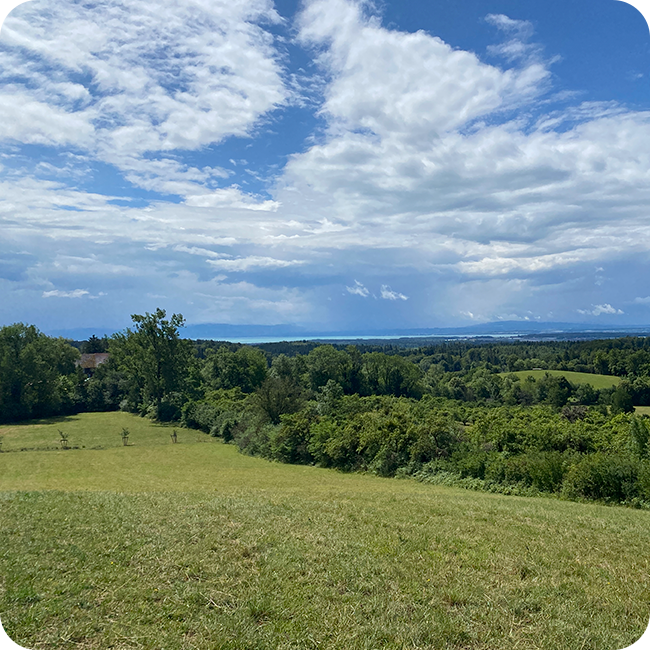
Transitioning takes courage – and backing.
Regenerative farming creates value for all of us — healthier soils, cleaner water, more biodiversity. But it also comes with effort and risk, especially in the early years.
Our refinancing initiative is a financial mechanism that connects farmers with fair, transparent funding for the ecosystem services they provide.
We work with local businesses and partners like Green Zero to design financing models that are regionally rooted and practically useful.
When farmers are supported, the land and the community thrive.
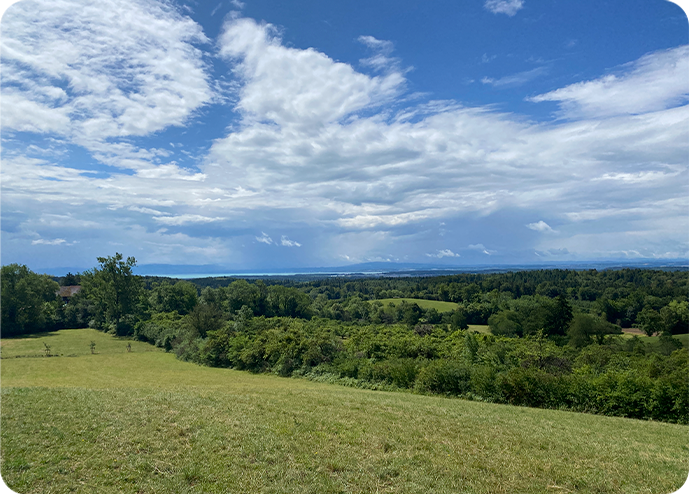
How it will work

You define your regenerative practices
These might include reduced tillage, diverse cover crops, fewer synthetic pesticides and fertilisers – or introducing agroforestry systems.

We connect you with funders
Local businesses and organisations support the financing of your measures – strengthening climate-positive farming in your region.

We verify the impact of your measures
Key indicators – such as carbon storage, biodiversity, or water retention – are tracked to measure progress and ensure transparency.

You generate environmental value
Your measures improve soil health and create ecological value – which can in turn be converted into financial opportunities.
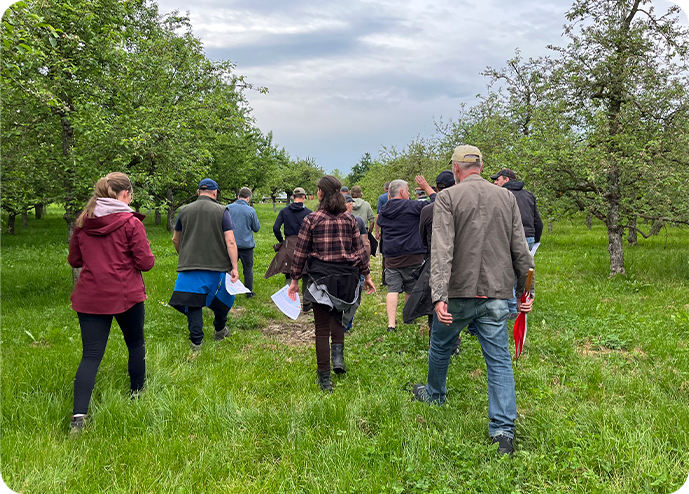
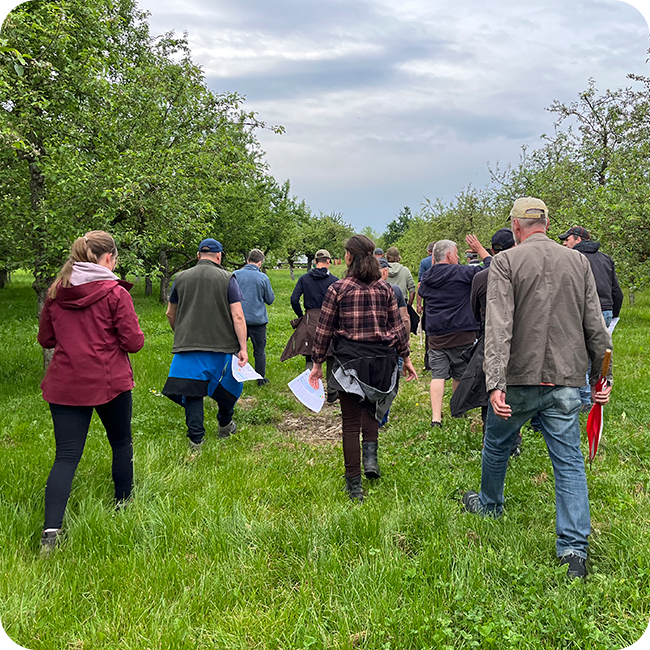
A fair transition needs financial stability.
The shift to regenerative practices can’t rest on farmers alone. Refinancing helps spread the responsibility — and gives farmers the security to try new things without carrying all the risk.
It also builds strong partnerships between land, business, and community — rooted in shared benefit.
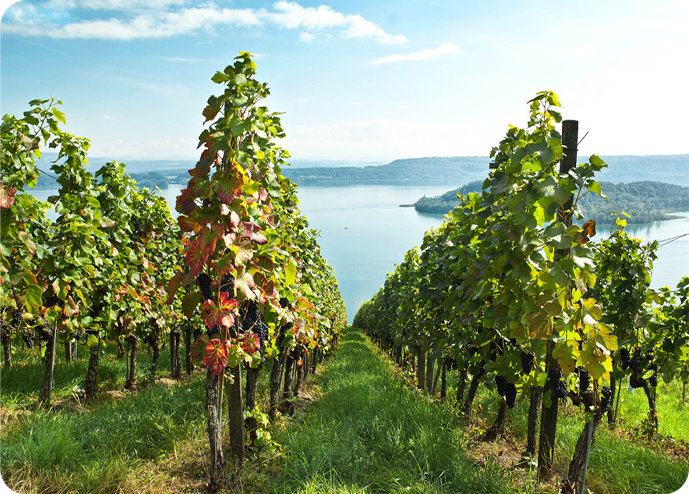
Not just a label – a path forward.
Regenerative farming takes time. This system is designed to recognise progress – not perfection.
For farmers, it provides structure, support and potential for additional income.
For buyers and consumers, it creates transparency, trust and a shared understanding of what regenerative really means.
And for the transition to succeed, we need both.

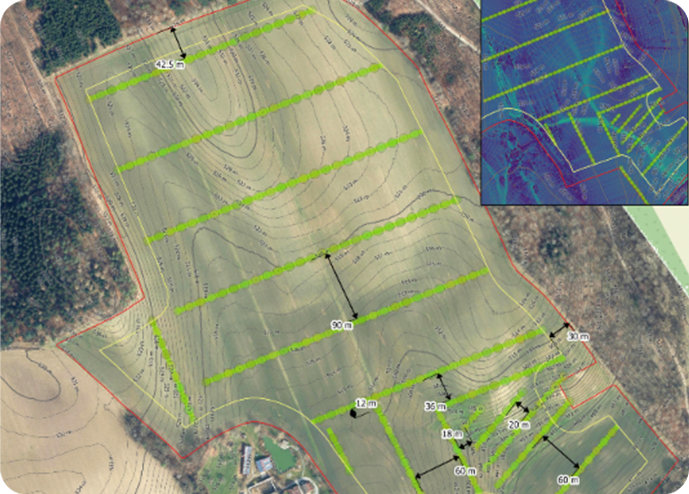
Case Study: Agroforestry “Himmelreich”
In March 2025, Regenerate’s financing model enabled the launch of its first pilot project: an agroforestry system on a 33-hectare arable field called “Himmelreich”, part of the Markgräflich Badischer estate in Salem.
Across the site, 3 kilometres of tree rows were planted — featuring seven high-value timber species, 11 types of shrubs, and poplars.
The planting enhances the ecological value of the land by improving CO₂ sequestration and boosting biodiversity. It also supports habitat connectivity, stabilises the microclimate, and reduces the risk of soil erosion.

Interested in learning more?
We are currently testing this model with farms and donors in the Lake Constance region, which will serve as a template for other agroforestry projects. If you’re interested in supporting or replicating this approach, we’d love to hear from you.
